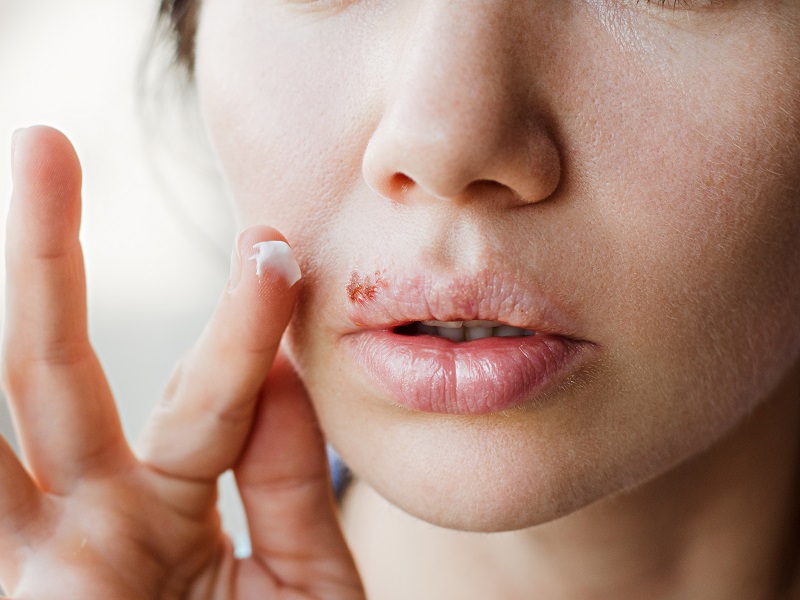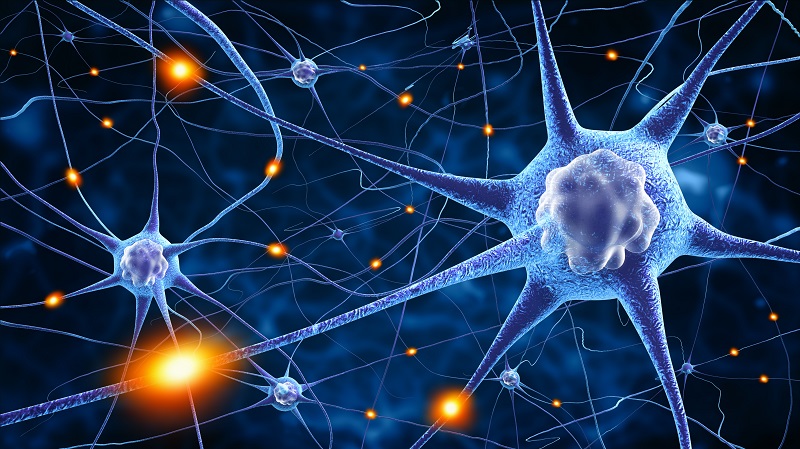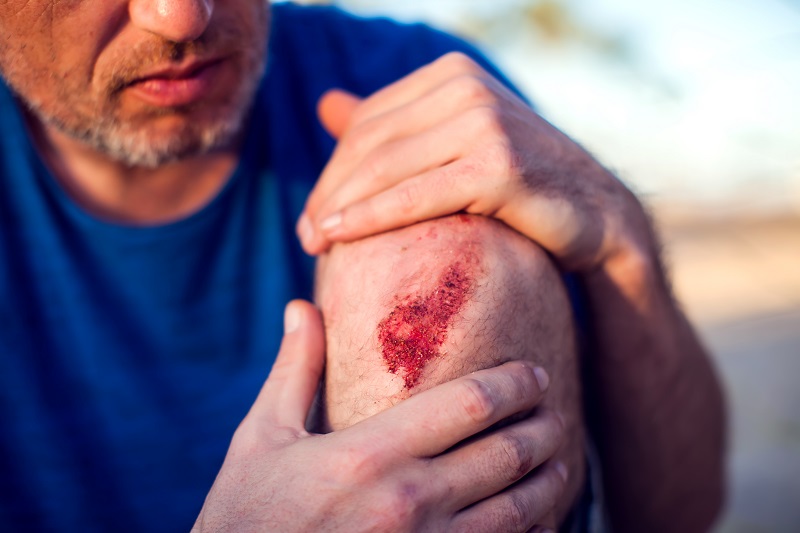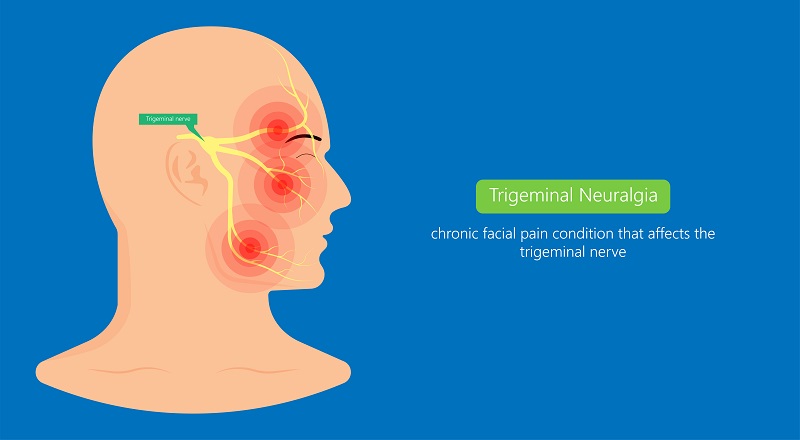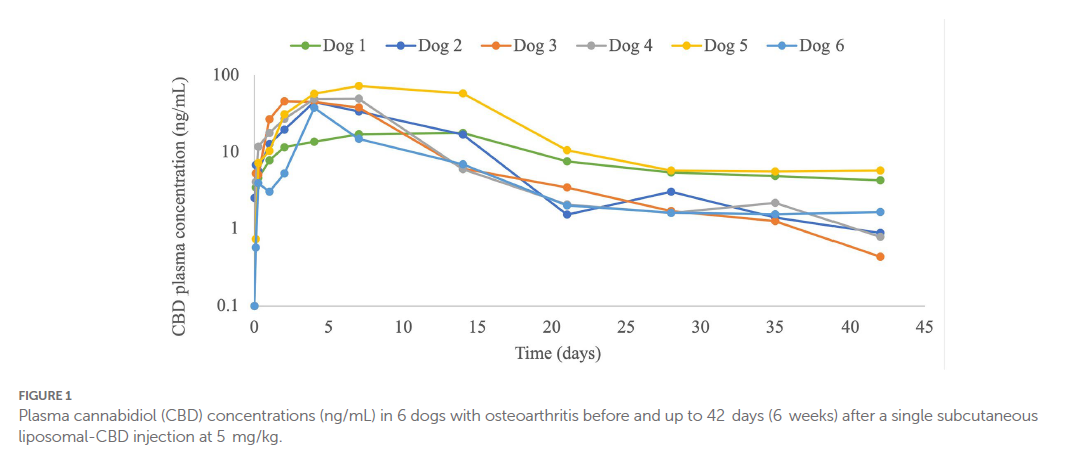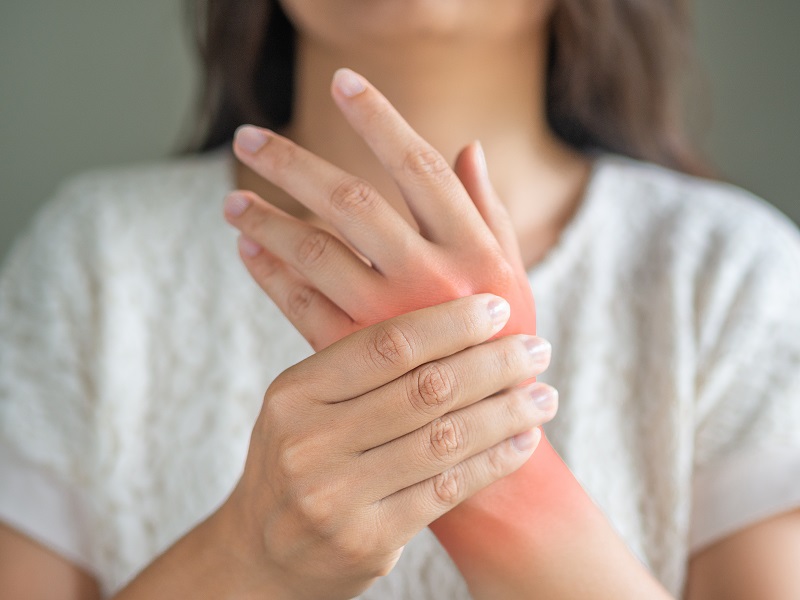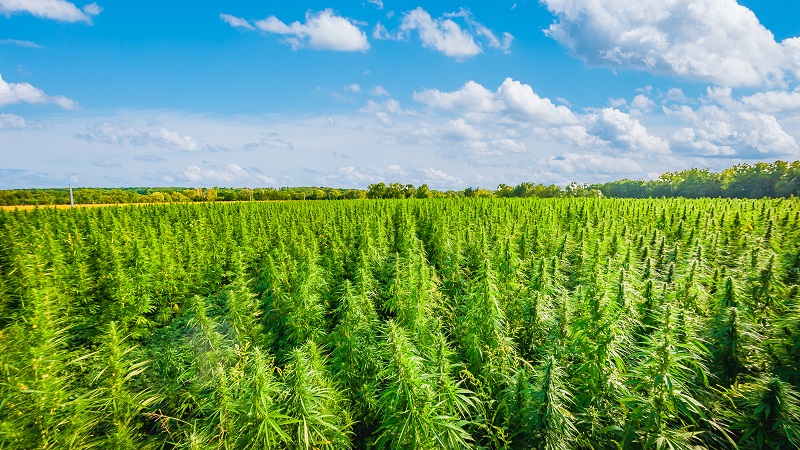The Battle of the Topical Pain Relievers: CBD Oil Vs. CBD Creams, Sprays & Tinctures
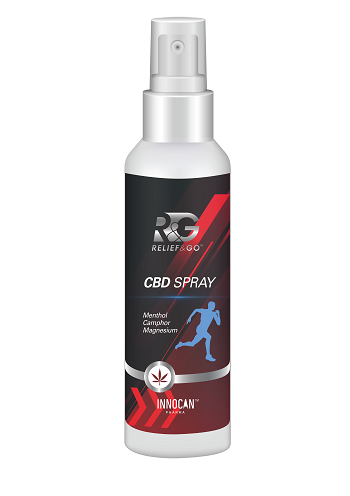
As more and more research, studies, and clinical trials into cannabis and its derivatives are being published and peer-reviewed, its medicinal benefits are quickly becoming undeniable.
What enhances their appeal is that they are naturally occurring and are not addictive when compared to their synthetic counterparts like Opioids, Narcotics, and NSAIDs based pain management drugs. There is also no shortage of innovative and new CBD derivatives, such as injectable cannabinoids, which represent the next wave of the cannabis revolution.
CBD oils and creams have become the new standard of pain management and relief as a lot of medical research confirms their efficacy. So, which CBD product is right for you?
What health benefits CBD-based products provide?
CBD provides an array of health benefits. Medical research has proven that CBD is a powerful anti-bacterial substitute and has antioxidant properties. CBD is also used widely for the treatment of the following health ailments:
Anxiety: Medical research study into the use of CBD for treatment of anxiety disorders has proven that CBD is an effective medicine to treat various anxiety disorders, like Obsessive Compulsive Disorder and Post Traumatic Stress Disorder.
Sleep disorders: CBD can be used in the treatment of sleep disorders, like Sleep Apnea and Insomnia.
Pain relief: Medical studies have shown that CBD can be used in the treatment of Neuropathic pain. CBD is also effective in the treatment of Arthritis, as indicated in this research paper.
Inflammation: Scientific research studies categorize CBD as a novel anti-inflammatory drug. It also shows significant improvement in patients suffering from fibromyalgia and psoriasis.
Depression: Research conducted by scientists has shown that CBD is an effective antidepressant drug.
Seizure: Medical research acknowledges the efficacy of CBD as an anti-seizure medication.
What is CBD?
CBD stands for cannabidiol, which is the active pain-relieving ingredient present in various topical pain relievers. These CBD products are derived from hemp or marijuana plants that are further processed to get oils, creams, lotions, tinctures, salves, and sprays. CBD Products made from marijuana plants are likely to have some trace amount of THC in it.
How is CBD different from THC?
CBD and THC both are derived from Marijuana plants and Industrial hemp. On the one hand, there is THC that possesses mind-altering properties, whereas, on the other hand, CBD has no such psychoactive properties. In simplest terms, you don’t get high or euphoric when you use CBD products.
How consuming CBD helps with pain relief?
There is conclusive evidence in the form of scientific studies that validate the use of CBD in pain management.
CBD works by interacting with the endocannabinoid system in the body. The endocannabinoid system is responsible for regulating various functions like hunger, emotion, and pain.
The endocannabinoid system consists of cannabinoid receptors that are present on the surface of cells throughout the body, which are activated by naturally occurring endocannabinoids. These ECS receptors help transmit internal cellular activity to initiate a cellular response to deal with pain. CBD replicates this effect of naturally occurring endocannabinoid to produce similar effects for relieving pain.
Specifically, CBD binds to CB2 receptors in the immune system that is responsible for pain management.
The consumption of CBD signals the body to use CBD instead of the limited supply of naturally occurring endocannabinoids to deal with the pain. Thus the body learns to use both naturally occurring endocannabinoid and its counterpart CBD to deal with pain effectively.
What is CBD oil?
CBD oil is produced from both marijuana and hemp plants. CBD produced from marijuana-based plants tend to have a trace amount of THC, while hemp-based CBD is free from any THC content. Marijuana-based CBD oils are required to have less than 0.3% of THC content.
Preparation and usage
The purest form of CBD oil is obtained by the carbon dioxide extraction method. This involves the treatment of raw extracts of marijuana or hemp plants with carbon dioxide gas in a very high-pressure environment at extremely low temperatures. This is the most popular method of CBD oil extraction as it uses the least amount of solvents and also leaves very little residue.
CBD oil is administered orally below the tongue, from where it enters the bloodstream directly, passing via the mucous membrane. This way, its effect is felt almost instantaneously as it completely bypasses the digestive tract.
CBD in oil form is available in various concentrations. Thus, it is advisable to use CBD in proper dosage depending upon the level of pain. CBD oils have a unique taste, and, as such, it is available in various flavors if the patient cannot withstand its smell and taste.
What is CBD cream?
CBD cream is useful in targeted treatment of pain-affected areas on the body. This is because creams can be applied directly to the affected areas for relief. Creams provide somewhat slow relief compared to oils as it is not directly absorbed into the bloodstream, rather seeps through the skin before reaching the affected area. CBD creams are also helpful in relieving tension build-up in overworked muscles.
For the treatment of bodily pains, CBD derivatives are available as pain relief cream, pain relief roll-on, and pain relief sprays. CBD cream is also used as a beauty product in the form of facial cream, sleeping mask, body and glow oil, and anti-aging facial serum.
There are some minor differences between CBD creams, lotions, sprays, and salves, mainly due to the method of their preparation, which is explained in the next section.
Medical studies have validated the efficacy of CBD creams for the treatment of diseases like multiple sclerosis.
Preparation and usage
The common denominator among all CBD-based derivatives is their use of CBD oil extracted from hemp and marijuana plants. It is then mixed in varying ratios with their topical bases to obtain creams, lotions, sprays, and salves. Some derivatives may also contain additional ingredients to customize CBD efficacy for particular applications. For instance:
- CBD pain relief lotions, creams, and roll-ons use more water and moisturizing agents in their tropical base, whereas sprays are mixed with aerosol bases.
- CBD beauty products like face cream, recovery lotion, and eye serum contain additional ingredients, such as aloe vera, mint, and other oils, in addition to their topical base.
- Salves and lotions have more fat containing oil and very little water content in their topical base. They almost always contain beeswax as an additional ingredient besides CBD.
- CBD creams produce the best results when applied after taking a shower when the pores of the skin are free from any dirt. It can be directly applied to the affected area to relieve pain.
- Gentle massage of the affected area with CBD products is the recommended method of applying creams, lotions, and salves.
What is CBD tincture?
Tinctures are one of the most popular CBD products currently available on the market due to the availability of a wide variety of dose options. They are available in mild to ultra-high concentrations for use in highly painful diseases such as cancers.
Preparation and usage
The tincture contains pure CBD oils prepared from carbon dioxide extraction, along with supplementary oils and flavoring agents such as mints. Tincture extract also undergoes additional treatment to remove almost all THC content.
Tinctures come in pre-labeled dosage, which makes it the most accurate way to intake CBD. CBD tinctures can also be consumed by adding to food preparation instead of taking it in the raw form.
Is CBD really free from any side effects?
One of the best advantages of using naturally occurring CBD pain management and relief drugs is that there is no risk of overdose when compared to their synthetic counterparts. They are also addiction-free when compared to other narcotics-based solutions.
There are certain small effects that do take place due to the use of CBD derivatives, such as drying of the mouth. So, make sure to drink plenty of water to counteract its effects.
Besides these small effects, there are no major side effects in using CBD products.
CBD interacts with certain prescription drugs that are absorbed by the liver; thus, it is always recommended to confirm with your physician that there is no interaction among combinations of drugs that you are taking.
How to use CBD products for the treatment of arthritis?
CBD is considered to have very good anti-inflammatory and pain relief properties.
When CBD is used for the treatment of arthritis, it helps with the release of cytokines in the body, which is the response of the immune system in attacking inflammation. CBD helps in relieving arthritic pain and inflammation of joints. CBD is proven to be helpful in knee arthritis, a very painful condition, by reducing pain and inflammation due to bone-to-bone contact.
Creams can be used directly on the sites of inflammation, and oils can be used according to the pain levels that the patient is experiencing.
Results of clinical trials for the treatment of knee osteoarthritis with CBD
Phase 2 Clinical trials conducted on humans for the treatment of knee osteoarthritis revealed that some participants who received proprietary CBD formulation did indeed experience pain relief. This study had 320 patients suffering from knee osteoarthritis who received medication for twelve weeks.
Scientists conducting the study concluded that due to the topical nature of the CBD formulation, it is difficult to ascertain whether the medicine is reaching the pain-affected sites as there was no control in the experiment that could verify this for them. They expect the next phase of trials to shed more light on the efficacy of their formulations.
Ongoing CBD clinical trials and studies and their results
There are a few proposals for clinical trials to test for the efficacy of CBD topicals. Some of them are as follows:
- Rush University Medical Center, in collaboration with the Mid America Orthopaedic Association, is conducting clinical trials on the effects of topical CBD cream for degenerative hallux disorders. This trial aims to measure the effects of Cannabidiol cream on patients suffering from various Hallux disorders by medicating them for eight weeks and measuring their pain levels and severity. More information on this trial is available here.
- Avicanna Inc in conducting clinical trials on the efficacy of CBD topicals in Hydration and Erythema of the Skin (Celosia). This trial intends to find out the efficacy of CBD topical in the short and long-term for the treatment of Eczema. More information on this trial is available here.
This paper explores the results of various clinical trials and studies. It has concluded the following:
- Nabiximols, a CBD drug for the treatment of cancer pain, has passed European trials and is being evaluated by the FDA as a new drug under investigation.
- Sativex clinical trials for the treatment of pain in patients suffering from multiple sclerosis have been successful.
- A chewing gum-based CBD derivative is undergoing trials for the treatment of various pains associated with Parkinson’s, Dementia, and so on.
- Finally, this paper concludes that although there is strong evidence in the efficacy of CBD topicals, more large-scale trials are required to weed out outlier cases from statistics.
Which CBD product is right for you – Oil or Creams/Tinctures/Sprays?
Choosing the right CBD derivatives depends highly on the type of pain. It is also dependent on a person’s physical characteristics, tolerance, and preferences.
CBD oil and tinctures are most fast-acting in providing relief. They do, however, may have characteristic smell and taste, which may not be liked by everyone.
Creams, lotions, and sprays are slow in providing relief but they can be used at specific sites of pain.
There is also the case of convenience as oils are messy to handle and may not be suitable for use when outside, whereas creams and sprays are more easily accessible and can be used in any setting.
If a specific dose of CBD is needed, then tinctures can be used as they are available in a wide variety of dosage.
In conclusion, you should use CBD oil or tincture for immediate relief and extreme pain. And you should prefer creams, lotions, salves, and sprays for mild and localized pain.
More articles:

